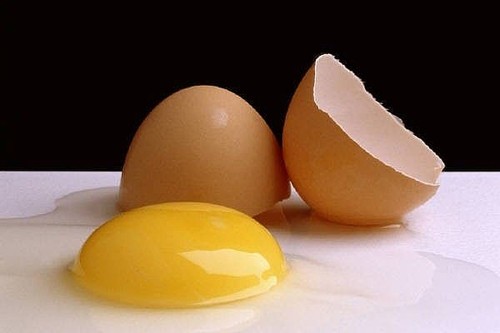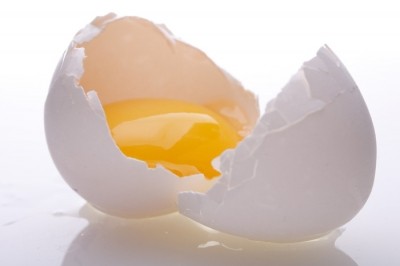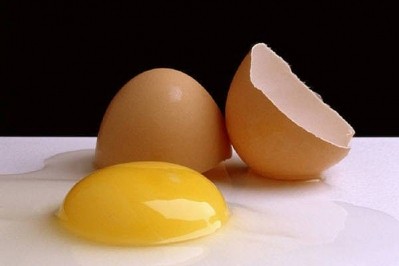‘Significant’ vitamin D egg findings should drive industry use, says director

UK-wide analysis was conducted to profile the nutritional composition of eggs in March/April 2011 with final findings set for publication in Autumn this year.
The research marks part of a wider four-year project consortium - UKFoodComp - funded by the Department of Health to update data on the nutritional composition of foods.
Just over 3,000 eggs were sampled from three packaging centres across the UK – in Nottinghamshire, Kent and Shropshire – and included caged varieties and free-range.
The findings showed that 100g of eggs now contain more than 70% more vitamin D than data suggested 30 years ago.
Per egg, this means that one medium-sized egg can provide around two-thirds (66%) of the RDA (recommended daily allowance for EU labelling purposes) for vitamin D, the British Egg Information Service said.
The changes are believed to be the result of improvements to hens’ feed, an increase in the ratio of white:yolk in an average egg, and improved analytical methods since the last official Government analyses were carried out in the 1980s.
Amanda Cryer, director of the British Egg Information Service, said that these findings had extremely significant implications.
“Eggs are often overlooked as a healthy food choice,” Cryer told FoodNavigator.
But with these findings, “we are going to be able to reinforce our message that eggs are a healthy food choice”, she said.
Vitamin D – the sexy industry subject
“Vitamin D is a sexy subject at the moment,” Cryer said, and with these new findings “I would hope it will encourage food manufacturers to reconsider the use of eggs”.
While many manufacturers are flocking to egg-replacement alternatives amid price hikes in the egg market, she detailed that “the crisis is not going to last forever”.
“These findings could potentially drive the use of eggs in the industry,” the director said.
Vitamin D deficiency across the UK is a growing concern, she said, especially among children and so “I think there is a clear opportunity here to promote eggs to children”.
Healthier in more ways than one…
The research also found that eggs contain around double the level of selenium than 30 years ago – an antioxidant mineral that is also linked to immune boosting.
However, Cryer detailed these findings would unlikely prompt consumers to consume more eggs as “selenium is not such a publically well-known mineral”.
Data from the research also suggested that eggs now contain 20% less fat, more than 20% less saturated fat and around 13% fewer calories.
The British Egg Information Service converted this into per-egg figures, meaning that an average medium egg now contains 66 calories, rather than the previous figure of 78 and an average large egg has 77 calories instead of 91.
The UKFoodComp project consortium is led by the Institute of Food Research and comprises of partners including the British Nutrition Foundation, Roydal Society of Chemistry, Laboratory of the Government Chemist and Eurofins Laboratories.




















